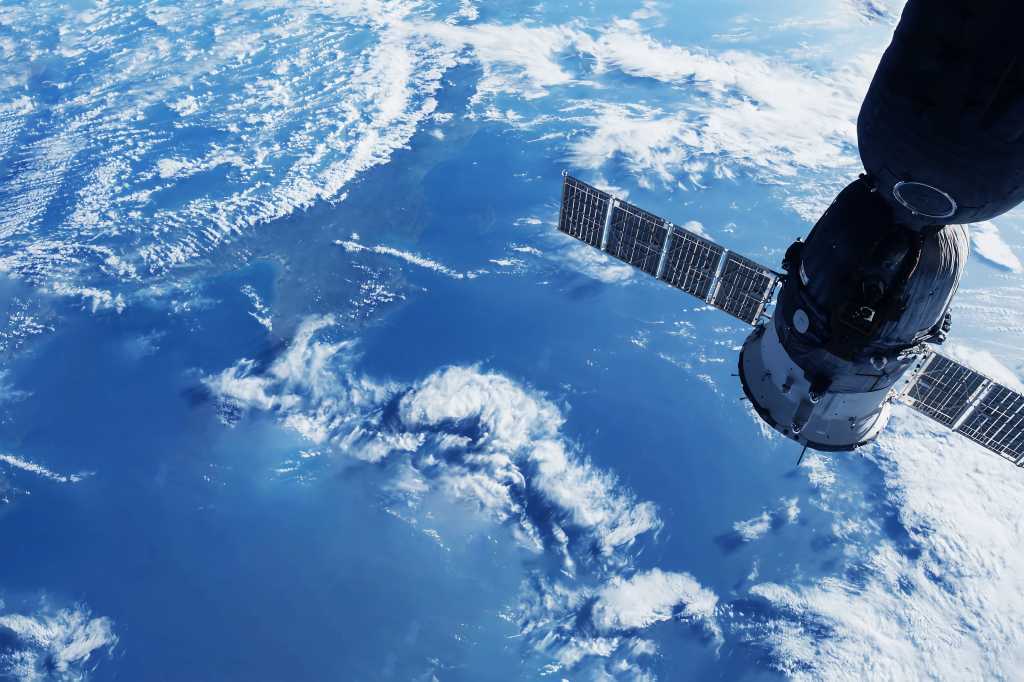
There are, however, a couple of reasons why data centers in space are being considered. There are plenty of reports about how the increased amount of AI processing is affecting power consumption within data centers; the World Economic Forum has estimated that the power required to handle AI is increasing at a rate of between 26% and 36% annually. Therefore, it is not surprising that organizations are looking at other options.
But an even more pressing reason for orbiting data centers is to handle the amount of data that is being produced by existing satellites, Judge said. “Essentially, satellites are gathering a lot more data than can be sent to earth, because downlinks are a bottleneck,” he noted. “With AI capacity in orbit, they could potentially analyze more of this data, extract more useful information, and send insights back to earth. My overall feeling is that any more data processing in space is going to be driven by space processing needs.”
And China may already be ahead of the game. Last year, Guoxing Aerospace launched 12 satellites, forming a space-based computing network dubbed the Three-Body Computing Constellation. When completed, it will contain 2,800 satellites, all handling the orchestration and processing of data, taking edge computing to a new dimension.


